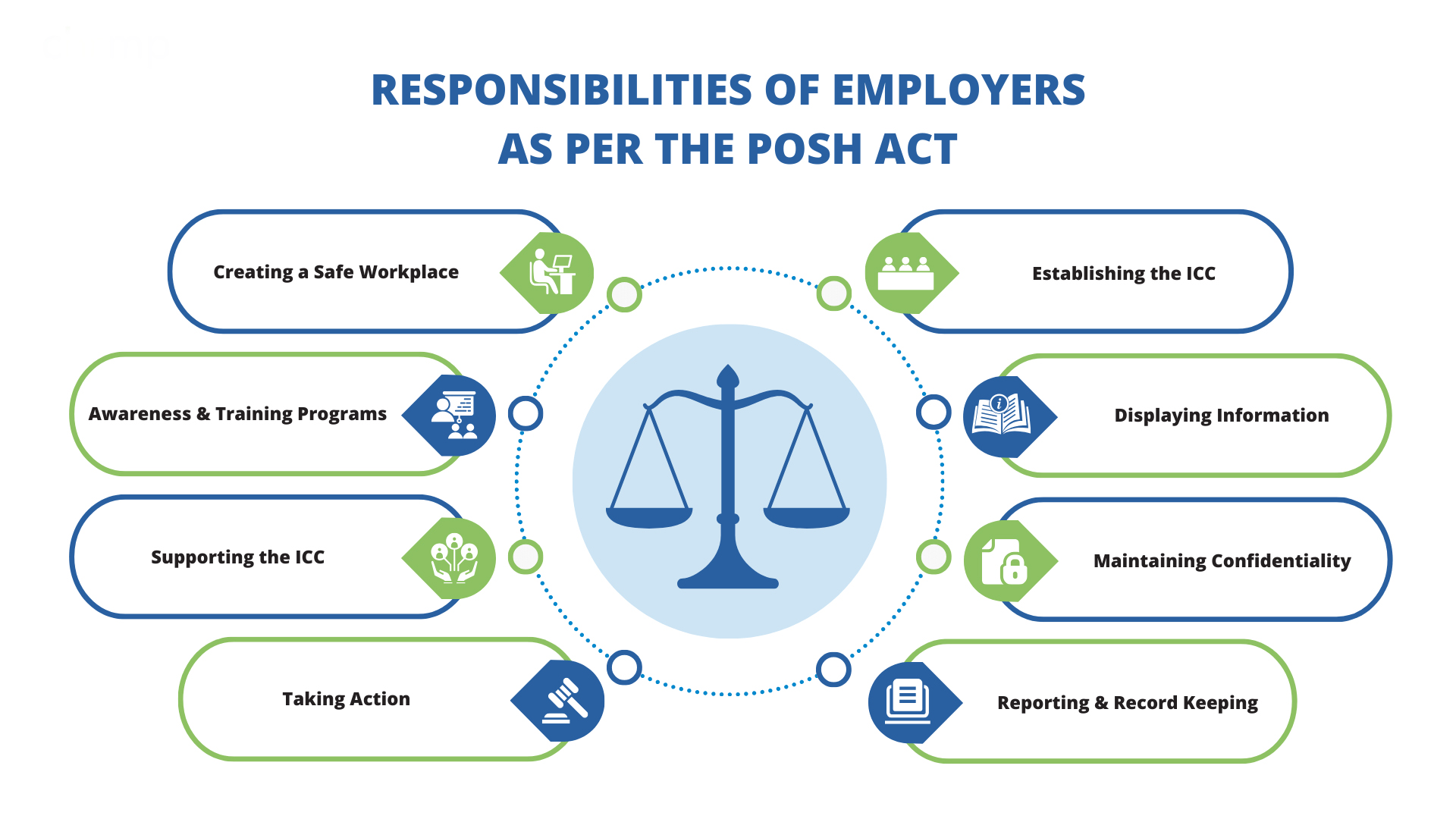Context:
On September 15, 2025, the Supreme Court of India dismissed a petition seeking the inclusion of women political workers under the ambit of the Sexual Harassment of Women at Workplace (Prevention, Prohibition and Redressal) Act, 2013, commonly known as the POSH Act. The petition, filed by advocate M.G. Yogamaya, argued that political parties qualify as “employers” and that their offices should be treated as “workplaces” under the Act.
Supreme Court's Observations:
A Bench led by Chief Justice of India B.R. Gavai questioned the logic of treating political parties as formal “employers” under the law.
· The Court warned that such an interpretation would “open a Pandora’s box,” as it would require legal regulation of informal, non-remunerative, and politically fluid environments, including party offices and field operations.
· The plea was ultimately dismissed, with the Bench indicating that such policy changes fall within the legislative domain, not the judiciary.
About the POSH Act:
The POSH Act of 2013 is India's first dedicated legislation to prevent and redress sexual harassment of women at the workplace. It builds upon the Vishaka Guidelines (1997) lay down by the Supreme Court.
Key Aspects of the POSH Act:
· Scope: Applies to all women employees—government, private sector, NGOs, and unorganized sectors.
· Definition of Sexual Harassment: Includes unwelcome physical contact, sexual advances, sexually colored remarks, or any verbal/non-verbal conduct of a sexual nature.
· Employer Responsibilities:
o Establish Internal Complaints Committees (ICC) in establishments with 10+ employees.
o In workplaces with fewer than 10 employees, complaints are directed to Local Complaints Committees (LCC).
o Conduct awareness and training programs.
o Ensure a safe and dignified work environment.
Penalties: Non-compliance can result in fines and even cancellation of business licenses.
The Act’s core aim is to promote dignity, safety, and equality for women at the workplace—regardless of sector.
Conclusion:
Sexual harassment in the workplace is a violation of fundamental rights and contradicts the constitutional principles of equality, dignity, and liberty. The POSH Act, backed by international obligations like CEDAW, is not just a workplace policy—it’s a constitutional safeguard.
However, as the judgment shows, certain informal sectors like politics remain outside its ambit, making legislative reform essential. As more women engage in electoral politics, campaign management, and grassroots activism, their right to a harassment-free political space must be legally ensured.







